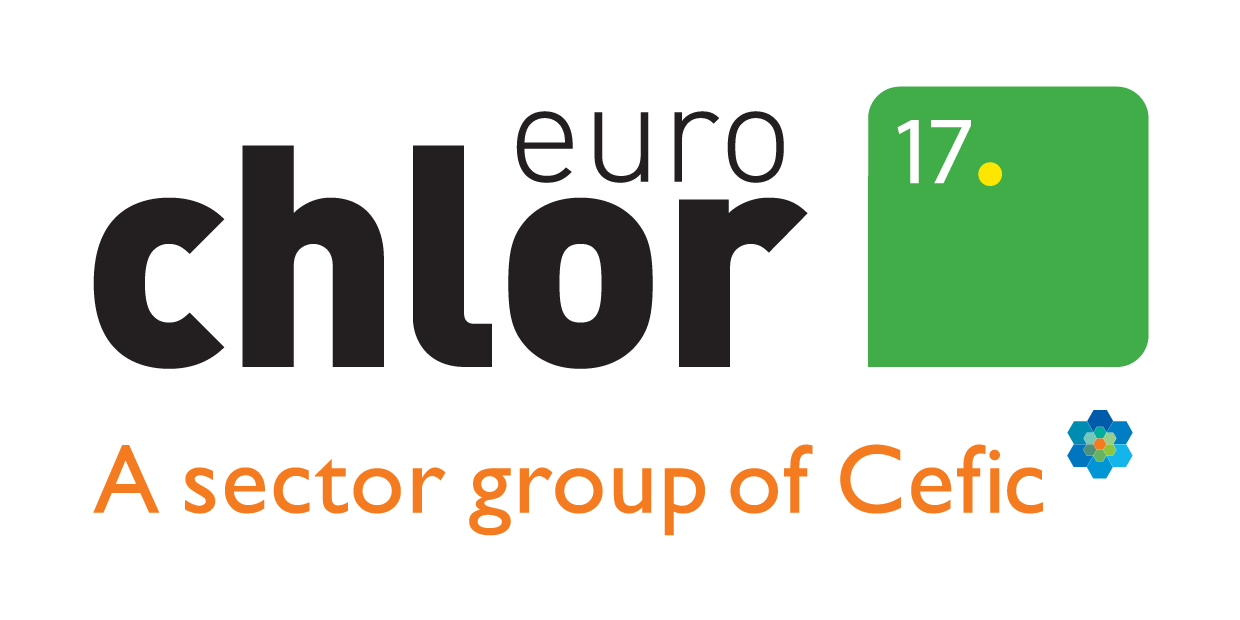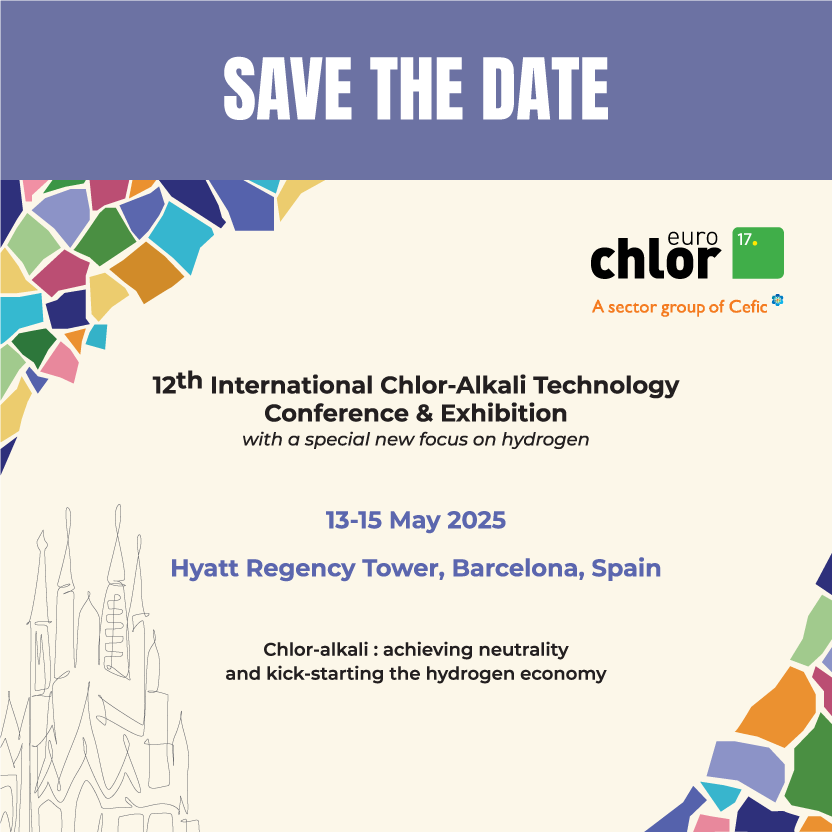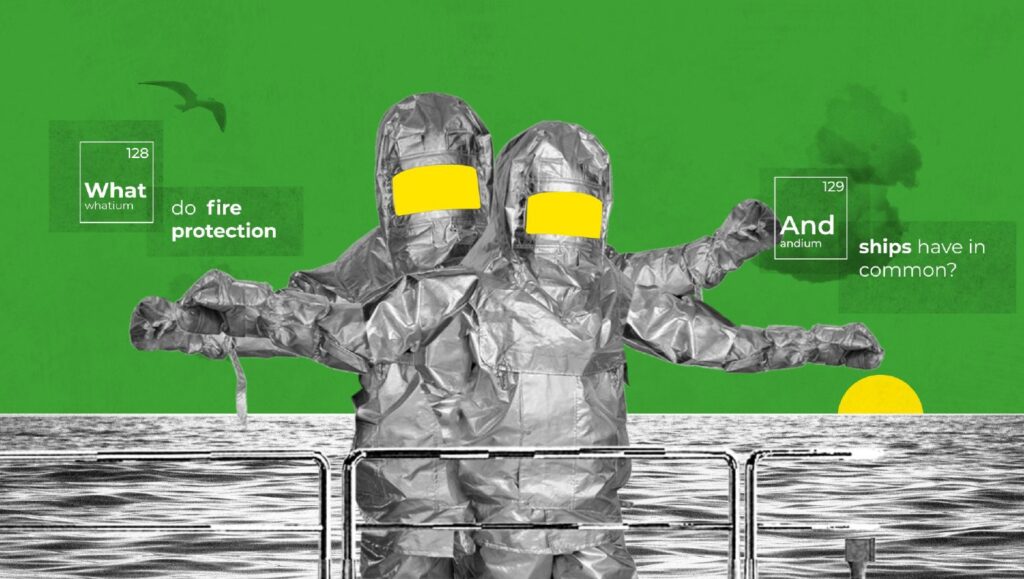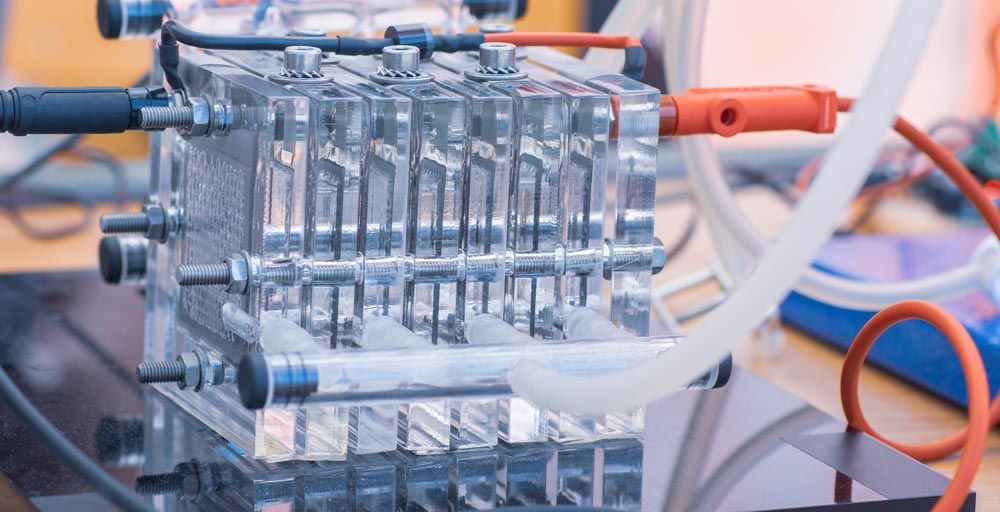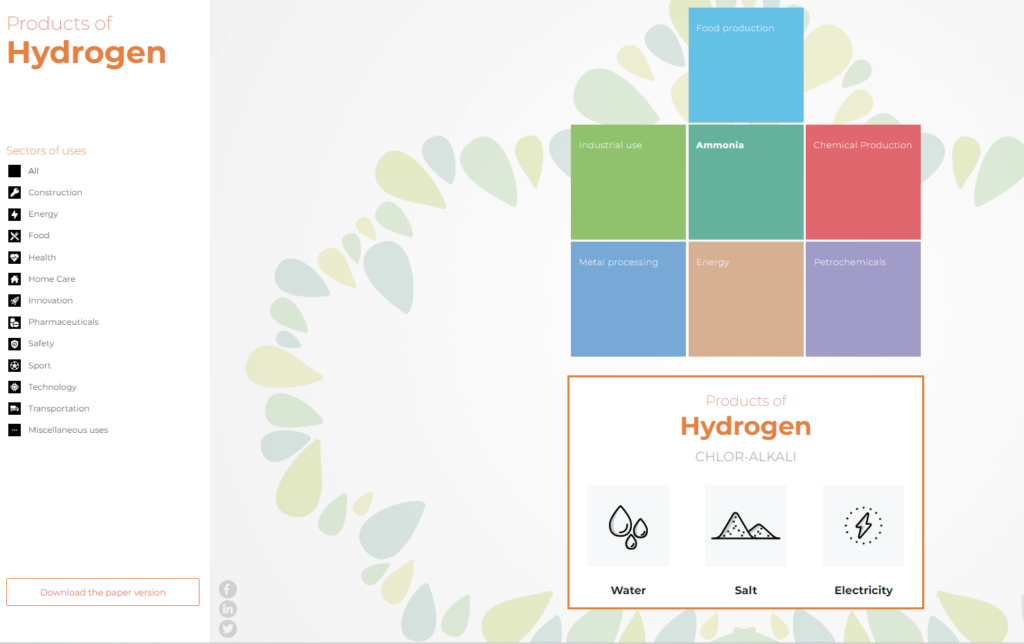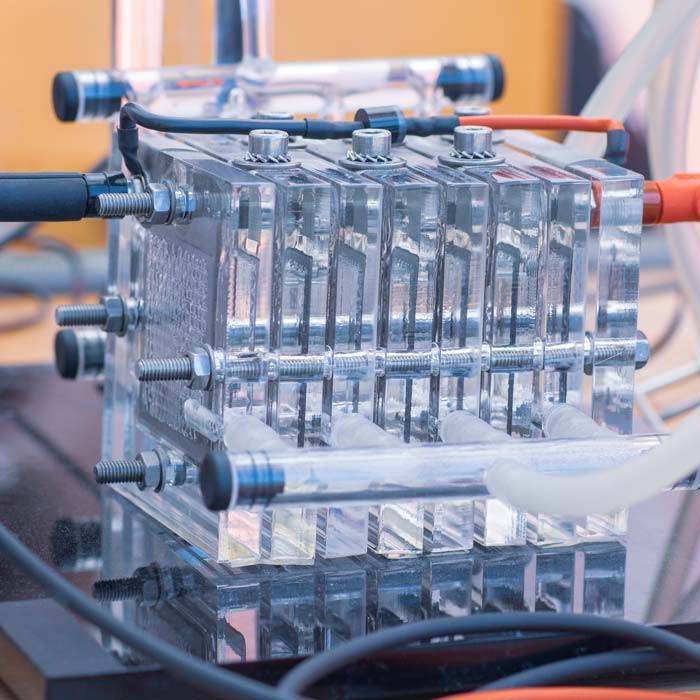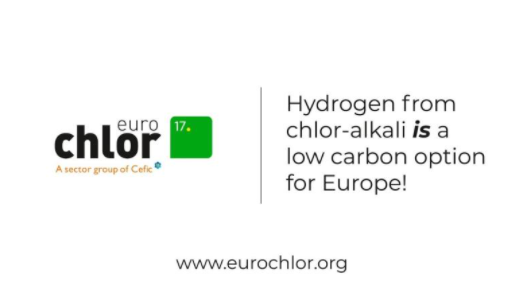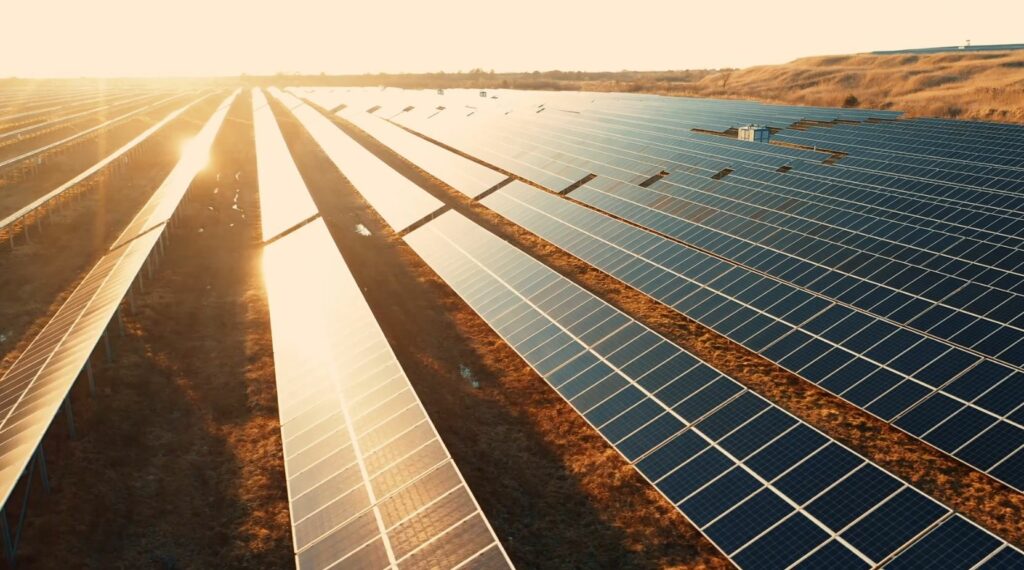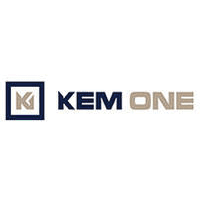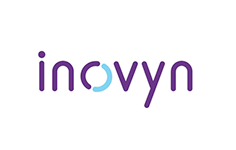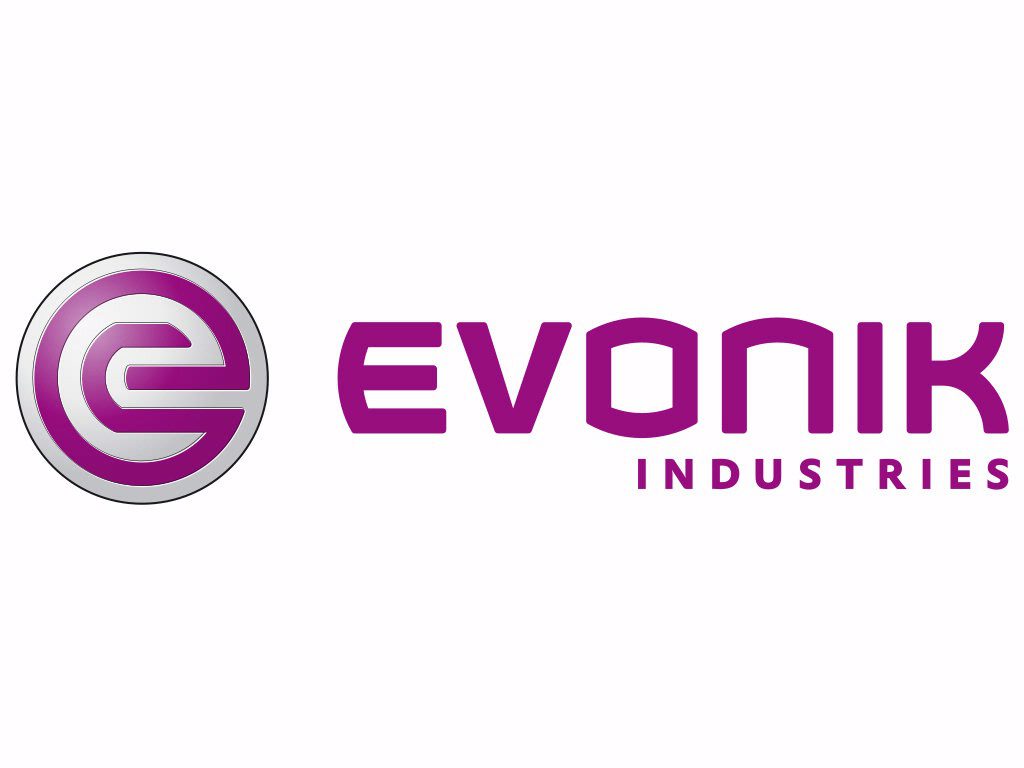What is hydrogen?
Hydrogen is a gas that can be used as a fuel and in various chemical processes such as the production of methanol, hydrogen peroxide and ammonia.
The European chlor-alkali industry plays a key role in the production of hydrogen and may act as a potential kick-starter of the EU (renewable) hydrogen economy. Our industry makes chlor-alkali via an electrolysis process using the membrane and diaphragm technology. As we commonly also produce hydrogen during that process, we can benefit from many decades of safe and efficient experience. Euro Chlor members produce around 270,000 tonnes/year or 3-4% of today’s European hydrogen. Since our hydrogen is being produced via an electrolysis process that can run on low carbon electricity and this hydrogen is already available, we can play an important role in the progress towards the EU ambitions on renewable hydrogen.
A focus on sustainability
Hydrogen is produced by the chlor-alkali industry as a very useful by-product but does not dictate the production levels. The latter depends on the demand for chlorine, as chlorine can only be stored up to very limited amounts. This means, in times of higher chlorine demand and lower hydrogen demand, our companies sometimes vent a part of the hydrogen they produce. Around 15% is not being used today.
As part of our Mid-Century Strategy, the Euro Chlor membership is committed to optimally using the hydrogen the sector produces, aiming for 100% utilisation (i.e. no venting) by 2030. This goal aligns well with the transition to a carbon-neutral society, where hydrogen can play a crucial role. Our hydrogen is characterised as low-carbon and can even be considered ‘renewable’ when production is powered by renewable electricity. Read more on our carbon footprint here. Therefore, it fits perfectly within both the Fit for 55 package and the EU Hydrogen Strategy.
Overcoming barriers for optimal hydrogen utilisation to kick-start the hydrogen economy
We are currently experiencing certain barriers towards our full and optimal utilisation of hydrogen including:
- Lack of recognition and certification: When drafting legislation and guidelines, authorities often do not mention the role our low carbon, high-purity hydrogen can play in Europe. In addition to this, the roll out of our renewable and low carbon hydrogen is limited by the lack of availability of certification schemes recognised by the EU that match the requirements for renewable and low carbon hydrogen.
- Availability of infrastructure: Due to unfavourable financial conditions, investment is lacking in filling stations, pipelines and infrastructure that support the full use of hydrogen across Europe. This is a general issue for all hydrogen-producing units. Once fully available and operational, the existing infrastructure needs to also be accessible to industry (e.g. via third party access rights) and the overall quality of the hydrogen should be protected with high standards.
- Access to renewable energy: To become a producer of renewable hydrogen, access to abundant renewable electricity is needed that carries the correct ‘profile’. This means that instruments such as Power Purchase Agreements will be needed for everyone at competitive prices. Read more about why electricity is essential for chlor-alkali production here.
- Insufficient flexibility: The fluctuating output of renewable electricity, such as that produced by a wind turbine, needs to be matched to our industry’s continuous high level of electricity required. Therefore, additional efforts are needed by all parties involved to develop new ways to improve demand response and energy storage.
Unlocking the full potential of our hydrogen
Our industry is committed to realising the full potential of this valuable resource. In addition to striving to achieve 100% utilisation, we also seek to expand our hydrogen applications. Currently, a significant part of the hydrogen we produce is still used on our industrial sites, e.g. for heat applications. With a better infrastructure in place and a full recognition of our low-carbon and high-quality hydrogen, we could use it optimally, and for even cleaner applications in various sectors, including transportation, steel production, renewable fuels, and renewable chemistry.
We are actively seeking partners to join us on this journey towards a greener and more sustainable future, driven by the efficient and responsible use of hydrogen from Europe’s chlor-alkali industry. More details on our approach to hydrogen can be found in our relevant Focus on Chlorine Science, our infographic and our video below.
Discover our other hydrogen-related news and resources below, and more information on our overall approach to energy here.
